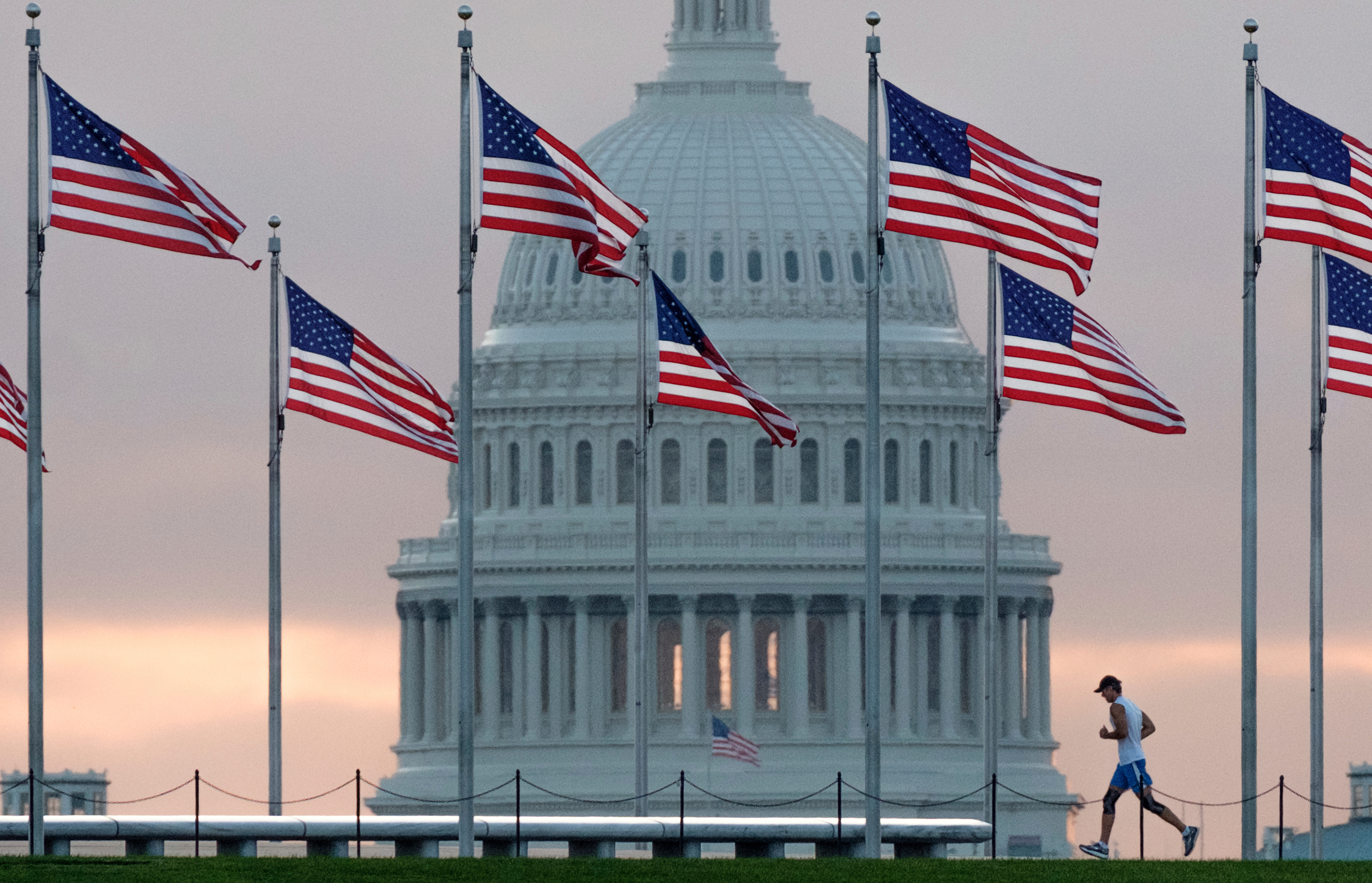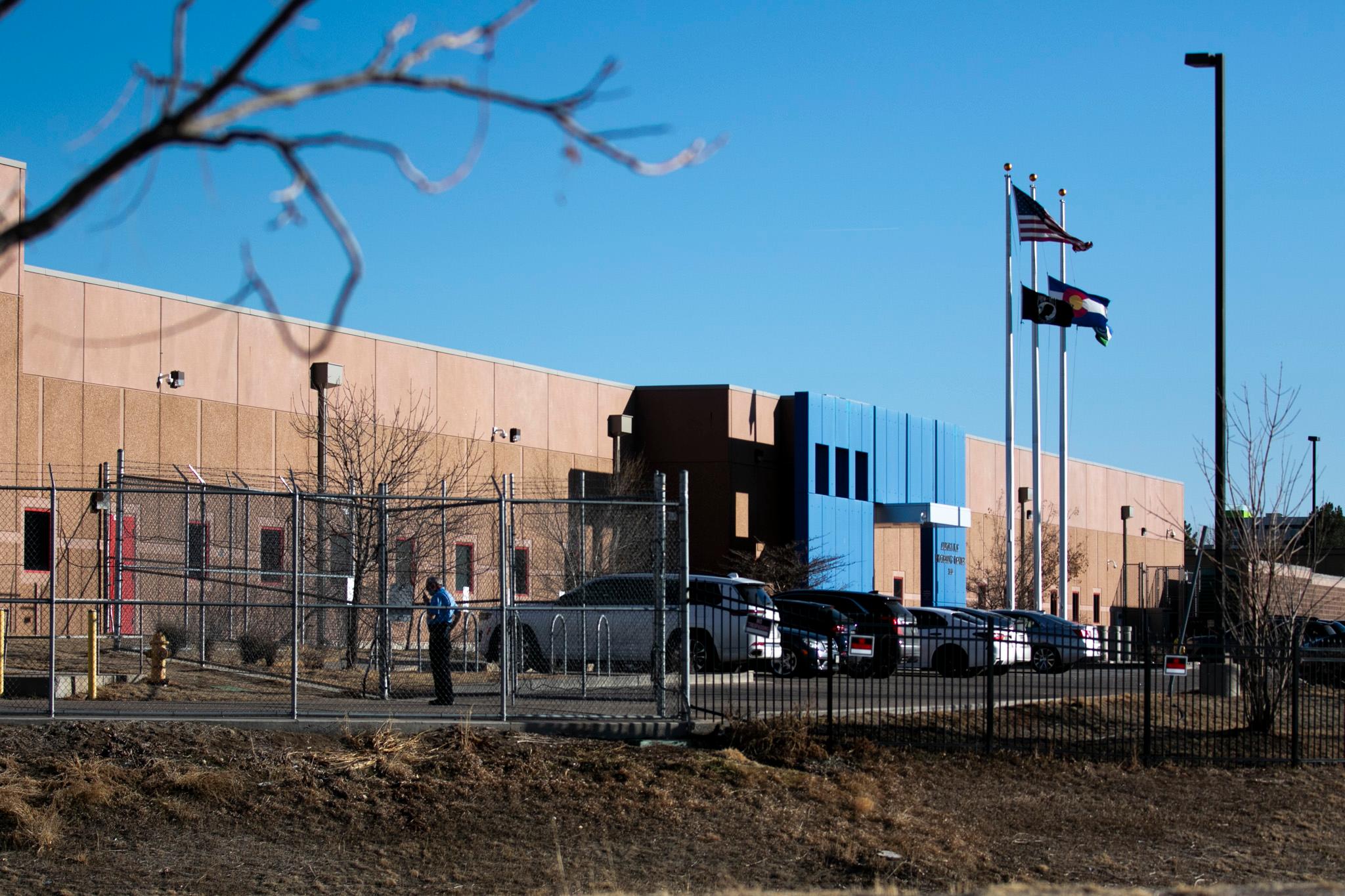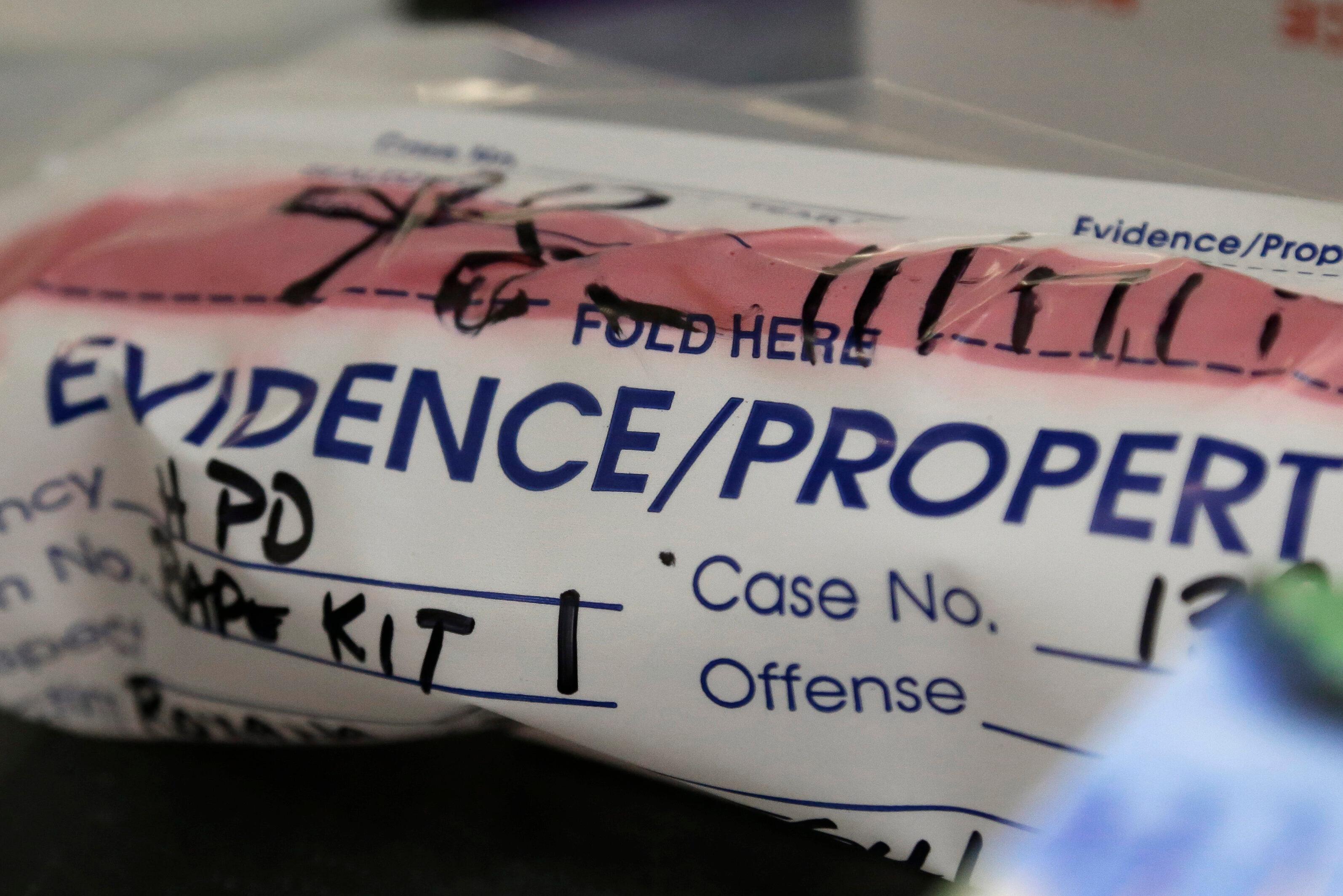
Updated 5:39 p.m., September 28, 2023
At 12:01 am Sunday, the federal government will shut down unless Congress and the White House can come to bipartisan agreement on a dozen spending bills (highly unlikely) or pass a short-term funding measure (more likely but could cost House Speaker Kevin McCarthy his gavel).
The longest government shutdown, 35 days starting in 2018, cost the economy approximately $11 billion dollars, according to the nonpartisan Congressional Budget Office. But that was considered only a partial shutdown because some appropriations bills had been signed into law, so not all parts of the federal government were closed.
The 2013 shutdown, which also happened at the start of the fiscal year and lasted 16 days, reduced GDP by $20 billion, per Moody’s.
A shutdown impacts discretionary spending, which is set by the budget bills that Congress is required to pass and the president sign into law. Things like Social Security, Medicare and Medicaid payments, as well as the U.S. Postal Service are not funded through an appropriations bill, and so should continue uninterrupted.
Still, a shutdown will have impacts on Coloradans in large and small ways across the state.
Federal employees and the military
Perhaps the biggest impacts will be felt by the state’s approximately 38,000 federal employees and 12,000 active duty military service members, who will not get a paycheck during a government shutdown. Their first missed payday will be October 13, if the shutdown drags on that long.
While many will continue to work without getting paid, many more will be furloughed until the government is funded again. And that means work will slow to a crawl at offices across the federal system.
“All of this will prove disruptive to our national security and our efforts to address the critical needs of the American people,” said White House National Security Council spokesman John Kirby. The only salaries the federal government will continue to pay during this time will be members of Congress and the president, according to the Constitution. However, elected officials can request that their paychecks be deferred while the shutdown is ongoing.
Parks and planes
It looks like Colorado's four National Parks may stay open through a shutdown, even if it means the state ends up footing the bill.
The Interior Department has said it will shutter the parks for the duration of the shutdown. But Gov. Jared Polis is ordering the Colorado Department of Natural Resources to develop a plan to use state money to keep the parks and other federal land in the state open, although any plan will need a federal sign off.
“Our state is proud to be home to world-class outdoors, including four national parks, that play a key role in our economy and way of life," said Polis in a statement Thursday. "The closure of the national parks and other federal lands would hurt state and local economies, small businesses, and park employees."
The order instructs DNR to prioritize "continuation of services based on the number of annual visitors," which would place Rocky Mountain National Park, the country's fourth most visited National Park, at the top of the list.
The governors of Arizona and Utah have also said they'll use state funds to keep some of their parks open.
There's a precedent for state's stepping in to keep parks open; Colorado did it for RMNP during the 2013 shutdown. But while backpay for furloughed federal workers will almost certainly be part of any eventual congressional spending deal, any money states put into the parks is likely to be gone for good. States that opened their parks in 2013 were never reimbursed.
Nationally, the Department of Interior hasn’t released its shutdown plan yet. During the 2018-2019 shutdown, the Trump administration kept national parks accessible to the public, even as many Park Service employees had to stay home. At the time there were reports of damage and trash in the unattended parks. And a GAO opinion in September 2019 found the Trump administration violated federal law when it used entrance fees to keep the parks accessible.
When it comes to airport travel, a shutdown could fuel passenger exasperation and worsen staffing challenges at Denver International Airport. Air traffic controllers and TSA officers and other security personnel will still be working, but not getting paid. But if the shutdown drags on you could see more “sick outs,” which happened during the last government shutdown as workers showed their anger over missing paychecks.
Previous shutdowns increased frustrations for many passengers, airport representatives said, and could delay the opening of DIA’s new west security checkpoint, an expansion designed to help relieve long lines and bottlenecks for passenger screening.
Transportation Sec. Pete Buttigieg warned that a shutdown could also worsen staffing issues in the longer term, including training for air traffic controllers. “A government shutdown would stop that training. Even a shutdown lasting a few weeks could set us back by months or more because of how complex that training is,” he told House lawmakers last week.
A shutdown could also halt or delay infrastructure projects, and limit train inspections.
Lastly, if you’re planning on any international travel, build in even more time for passport renewals. The U.S. Passport agency will remain open, but it could take longer to process applications with some employees furloughed.
On the road
A temporary shutdown likely wouldn’t have a major impact on roads and highways across the state, including federally funded construction projects already underway, said Colorado Department of Transportation spokesperson Matt Inzeo.
“New project obligations will resume once an appropriations act or continuing resolution is passed,” he said.
And in case the shutdown stretches toward late into the fall, skiers and riders may be relieved to know the snowplows on I-70 are managed by the state.
Food aid and other safety net programs
In a shutdown, the first to feel the pinch could be the mothers and young children who rely on the WIC food program. That benefit will cut off almost immediately. According to Colorado’s WIC dashboard, almost 88,000 women and infants benefited from the program in July 2023.
“If we have a shutdown, WIC shuts down. And that means the nutrition assistance to those moms and young children shuts down,” said Agriculture Sec. Tom Vilsack.
Other food aid recipients will fare better, at least at first. SNAP, formerly known as food stamps, is expected to continue at least through October, according to Vilsack. “Now, if the shutdown were to extend longer than that, there would be some serious consequences to SNAP.” Last year, more than 540,000 Coloradans used SNAP benefits.
Funding for Head Start, the federal preschool program for low income families, would also be halted.
Weather and climate science
The National Weather Service will continue to provide routine forecasts, as well as extreme weather watch and warning information through its forecasting offices in Boulder, Grand Junction and Pueblo throughout a federal government shutdown, said spokesperson Susan Buchanan.
Many other day-to-day weather operations will also continue uninterrupted, including urgent repairs to radars and other key equipment. But a shutdown could delay routine maintenance, upgrades and long-term projects of less-critical services, she said.
The potential shutdown likely wouldn’t have much of an effect on operations at the National Center for Atmospheric Research in Boulder or the National Renewable Energy Laboratory in Golden, according to representatives for each of them. Both support U.S. government research and receive federal funding, but NCAR is supported by long-term funding, and NREL operates through an independent contractor.
Previous government shutdowns have delayed the processing of long-term weather and climate data at other federal agencies.
The shutdown in October 2013, for example, prevented the U.S. Geological Survey from gathering and analyzing information on damage caused by catastrophic flooding that occurred across the Front Range just a few weeks prior, according to an assessment from the Obama administration.
The data loss prevented scientists and first responders from fully assessing the effects of the $4 billion disaster and likely hurt the federal government’s ability to share timely information with state officials about possible pollution caused by the flooding in the South Platte River Basin, the assessment found.
Disaster relief, student aid and more
With fewer employees on the job, the shutdown is likely to make it more difficult in the short term for people and businesses to access a range of government services, from Pell grants and aid for farmers to FDA and EPA inspections. Some programs, like a USDA-backed housing loan for rural farmers would stop for the duration of the shutdown.
For those hoping that a shutdown could delay the restarting of federal student loan repayments, there’s bad news — that timeline remains unchanged and payments will start coming due in October.
FEMA, which is already running low on funding, may delay delivery of some disaster aid grant funding, according to the Washington Post. Colorado could see about $15 million in long-term funding for disaster recovery delayed, although it’s not clear what that money is earmarked for.
CPR's Sam Brasch and Nathaniel Minor also contributed to this story.









